The US Supreme Court on Saturday said Texas can enforce its stringent voter identification law next month, in a blow to opponents who argued it unfairly targets minorities. A federal judge in Texas last week struck down the law, but an appeals court said there was too little time to re-train poll workers and the law should apply in the November 4 midterm elections.
With just weeks to go before the vote, the top US court upheld that appeals ruling, allowing the law to be enforced in the upcoming polls. The issue of voter identification is controversial in the United States, where critics say it can act as a de facto poll tax, requiring people to spend money they may not have to obtain the required identification and disenfranchising those who do not have the appropriate paperwork.
There was no public opinion or vote posted for the Supreme Court majority, but a six-page dissenting opinion was written by justice Ruth Bader Ginsburg, joined by justices Sonia Sotomayor and Elena Kagan. The Texas law had been strongly opposed by the White House as well as by rights groups that said the identification requirements made it unduly difficult to exercise the constitutional right to vote.
Texas had argued the law was required to prevent election fraud. In her dissent, Ginsburg wrote that the new law "replaced the previously existing voter identification requirements with the strictest regime in the country." She noted that only very few forms of identification were eligible under the law, and that, in each case, a cost applies - "and for some voters, the imposition is not small."
The new law "may prevent more than 600,000 registered Texas voters (about 4.5 percent of all registered voters) from voting in person for lack of compliant identification," Ginsburg said. "A sharply disproportionate percentage of those voters are African-American or Hispanic." "The greatest threat to public confidence in elections in this case is the prospect of enforcing a purposefully discriminatory law," she said. Texas cheered the ruling, saying it will continue to defend the law through the appeals process.
BR100
15,235
Increased By
150.4 (1%)
BR30
44,824
Increased By
812 (1.85%)
KSE100
149,971
Increased By
1353.3 (0.91%)
KSE30
45,655
Increased By
407.2 (0.9%)


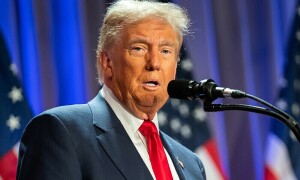


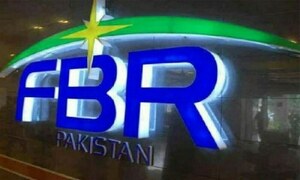








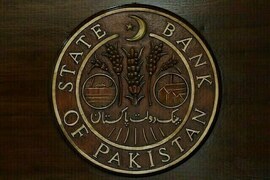
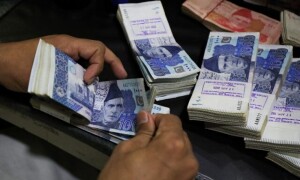



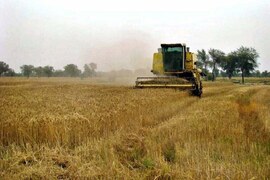


Comments
Comments are closed.